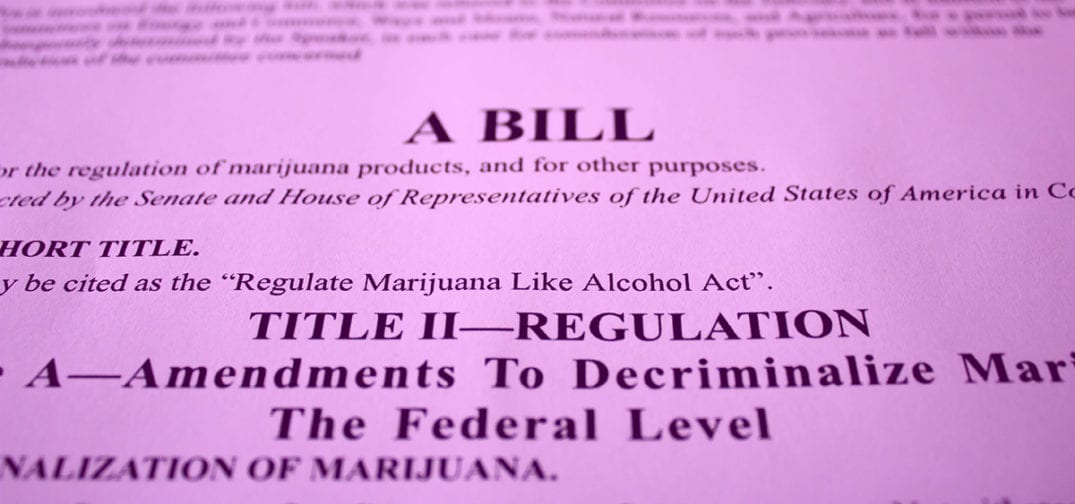Lawmakers in the Florida House Professions & Public Health Subcommittee advanced a proposal on Tuesday seeking to cap the THC content of medical cannabis products in the state at just 10 percent. HB 1455, proposed by Rep. Spencer Roach (R), passed the committee in a 12-6 vote along party lines, with 12 Republicans voting in favor and 6 Democrats opposed, Florida Politics reports.
According to Roach, the bill is supposed to rein in Florida’s medical cannabis industry, which he says is ripe with practices of overprescribing and other abuses that hearken back to the doctor-fueled opioid crisis.
“Doctors and patients are taking advantage of our medical program to do two things: get rich and get high. Period.” — Rep. Roach, via Florida Politics
However, opponents like Florida state Rep. Anna V. Eskamani (D) have pointed out that not only would a THC cap hurt patients due to price hikes and the need to consume (smoke) more cannabis to reach the same amount of relief, they would effectively undo great strides by the industry — which currently supports over 500,000 Floridians — because patients will be forced underground, back to unregulated sources.
“The fact that cancer patients have a higher tolerance means that a [THC] cap could impact their ability to get relief while trying to fight for their lives. I cannot support this bill,” Eskamani said during the hearing.
Yesterday I voted NO on a bill that would place caps on THC levels for medical cannabis patients. See a part of my debate points against the bill below 👇🏽 pic.twitter.com/64rPQBW58Z
— Rep. Anna V. Eskamani 🔨 (@AnnaForFlorida) March 10, 2021
THC caps — an unfortunate compromise for change?
The Florida bid for a THC cap on smokeable cannabis products is far from the country’s first — earlier this year in Washington state, lawmakers proposed a 30 percent cap on THC in cannabis concentrates, which would have cut the potency of many such products by more than half. And last February, a group of 15 Arizona lawmakers co-sponsored legislation that would have gutted the state’s medical cannabis program by capping THC potency at just 2 percent. Even back in 2016, Colorado lawmakers at one point proposed capping THC content in cannabis flower at 15-16 percent.
Those proposals thankfully failed but the idea of THC caps has become a somewhat common (and worrisome) discussion point for political moderates who have not fully warmed to the need for cannabis reforms. The trend was buoyed, for example, by a recent report from the Senate Caucus on International Narcotics Control, which is co-chaired by longtime legalization opponents Texas Sen. John Cornyn (R) and California Sen. Dianne Feinstein (D).
The second item in their report cited increasing THC levels in consumer cannabis products as a concern worth investigating and potentially addressing in future legislation:
“The Caucus urges the National Institutes of Health (NIH) to intensify its research on the short-and long-term impacts associated with high potency cannabis and to make a recommendation, jointly with the Food and Drug Administration (FDA), as to whether states should cap the potency of products that may be sold.” — Recommendation from the report
While that’s far from a guarantee that we’ll see some form of THC cap make it into sweeping federal policy changes, some pundits on Capitol Hill believe it’s a sign that THC caps may be included somehow when legalization does occur at the federal level, Forbes reported last week — especially considering that, with the Senate’s 50/50 split, any sweeping cannabis legislation will require the support of at least 10 GOP senators (and all 50 Democrats, including the moderates) to succeed.
Get daily cannabis business news updates. Subscribe
End
